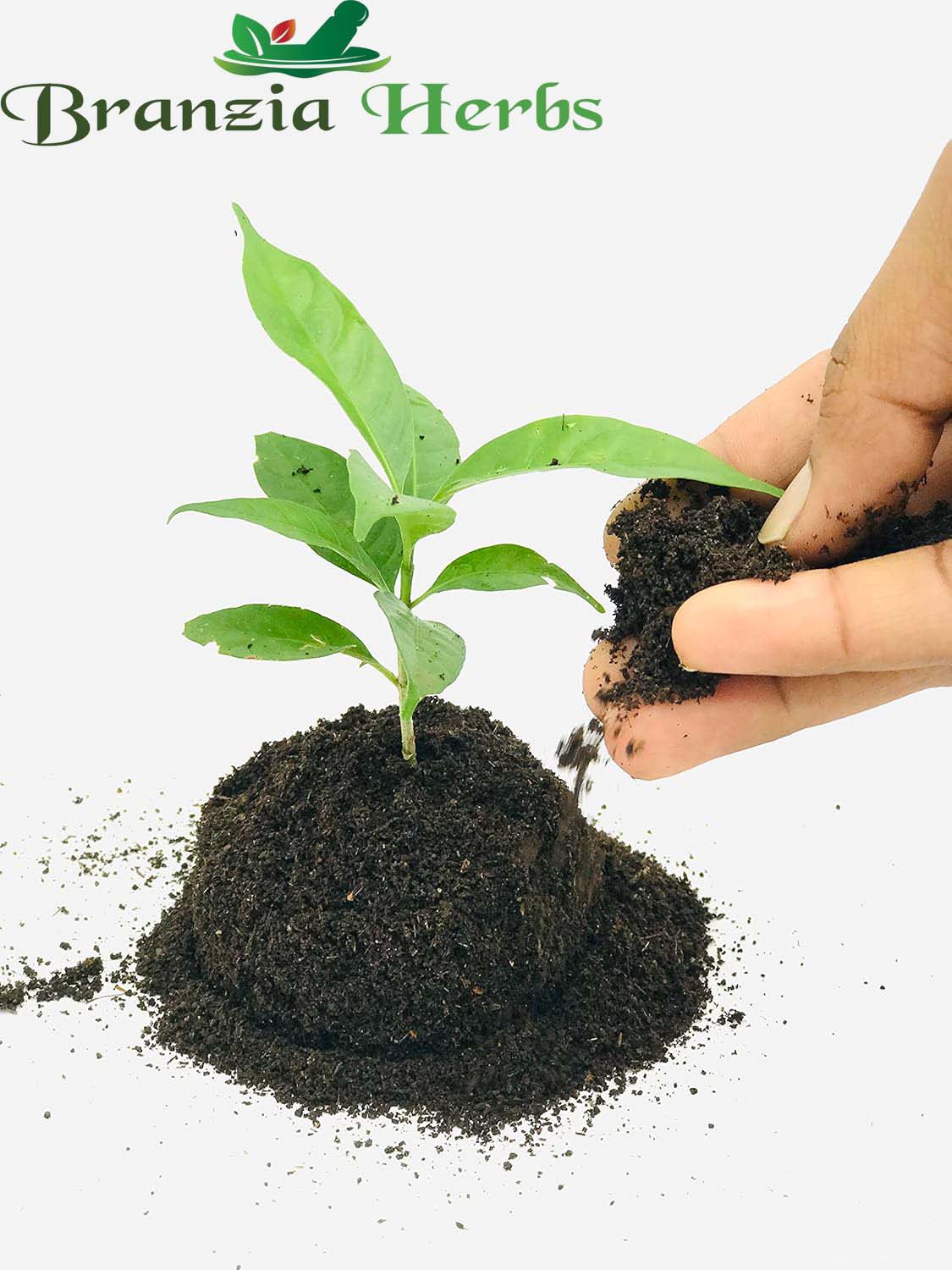-
Plant Description:
-
Scientific Name: Acacia nilotica.
-
Appearance: The Babool tree is a medium-sized tree with a thorny trunk and branches. The pods are long, slender, and curved, typically brown or dark brown when mature.
-
Traditional Uses:
-
Digestive Health: The pods, or Phali, are used in traditional medicine to treat digestive issues such as diarrhea, dysentery, and stomach ulcers. They are believed to have astringent properties that help in managing gastrointestinal problems.
-
Skin Health: Babool Phali is used to address skin conditions, including wounds, ulcers, and infections, due to its antimicrobial and astringent properties.
-
Oral Health: The pods are sometimes used in traditional remedies to treat oral health issues like gum disease and mouth ulcers.
-
Anti-inflammatory: They are believed to have anti-inflammatory properties and are used to relieve inflammation-related conditions.
-
Preparation and Use:
-
Powdered Form: The dried pods can be ground into a powder and used in various herbal formulations and remedies.
-
Infusions and Decoctions: The pods can be boiled to make infusions or decoctions, which are consumed for their therapeutic effects.
-
Topical Applications: Powdered Babool Phali or extracts can be used in topical applications to treat skin conditions.
-
Properties:
-
Astringent: Babool Phali is known for its astringent properties, which help in tightening tissues and reducing inflammation.
-
Medicinal Compounds: The pods contain tannins, flavonoids, and other bioactive compounds that contribute to their health benefits.
-
Ayurvedic and Unani Significance:
-
Balancing Doshas: In Ayurveda, Babool Phali is used to balance the doshas (body energies) and is incorporated into treatments for digestive and skin-related issues.
Note:
While Babool Phali has traditional uses and benefits, scientific research on its efficacy and safety is ongoing. It is essential to consult with a healthcare professional before using it, especially if you have existing health conditions or are taking other medications. Traditional remedies should be used with caution and ideally under the guidance of a qualified practitioner.




